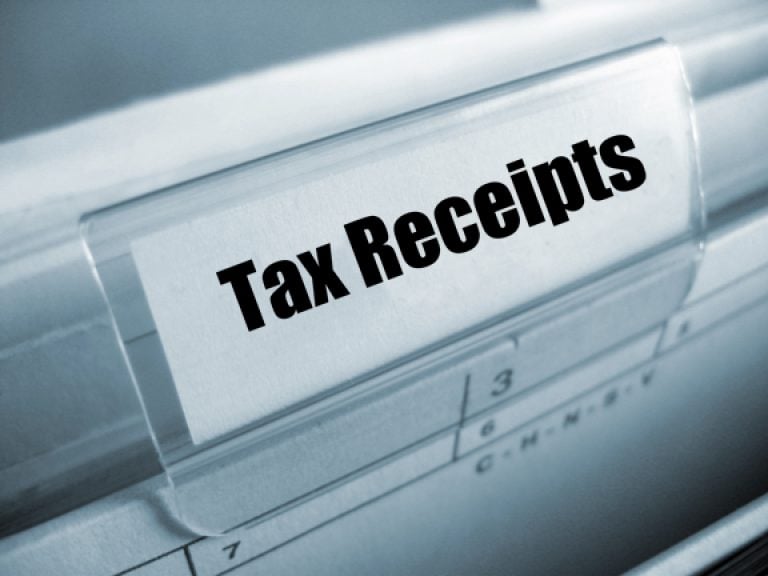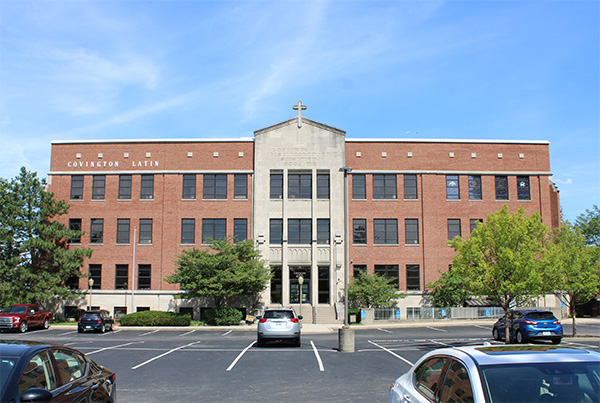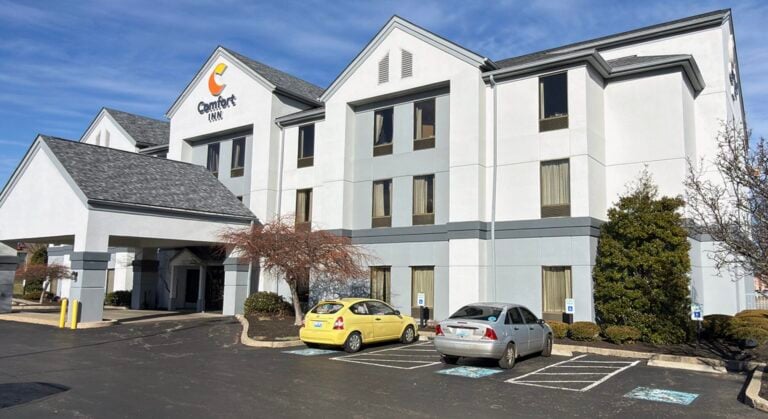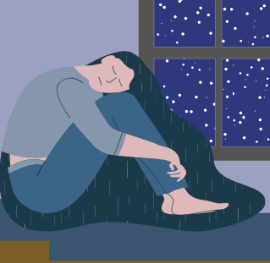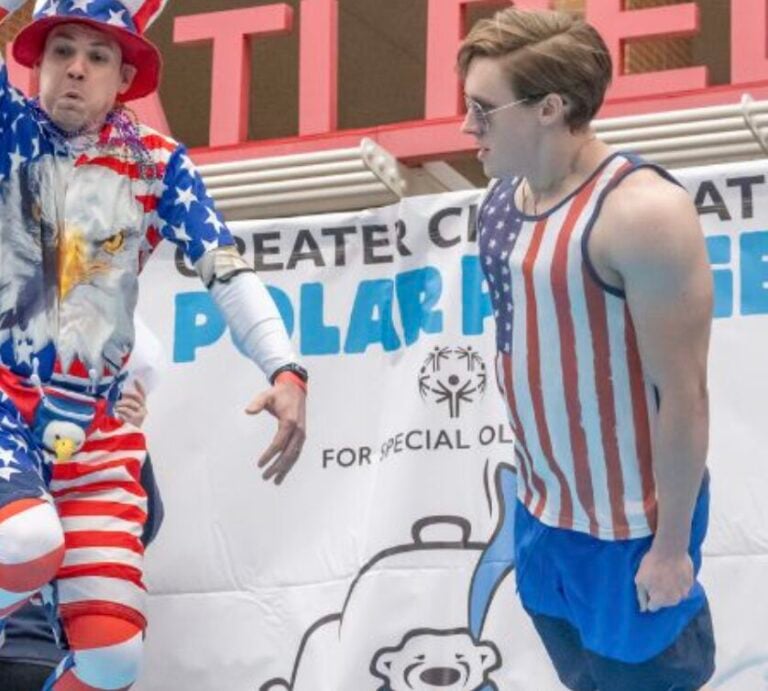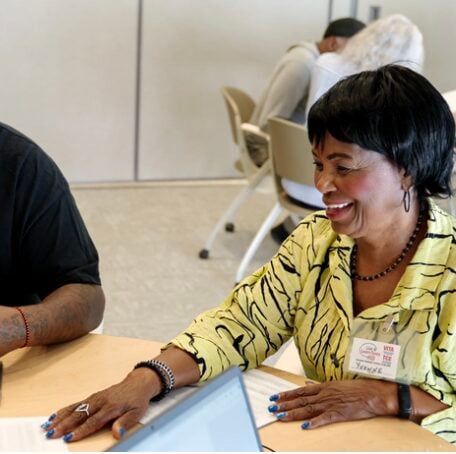A frequent comment from many people these days is that they are losing hope. Hope for a better time for our country, hope for a better future for themselves.
We need hope. Yet hope eludes many. Why?
It has never been clear to me where hope originates. Like most things, it’s likely a combination of nature and nurture, of DNA, family upbringing, and external circumstances.
For many – myself included – hope is a gift – our natural default. If I see a field littered with poop, I look for the pony. Always.

But for many, in a given moment – particularly a moment of great peril, such as we are in – hope seems to be a matter of choice.
We choose hope over hopelessness, over despair. We choose hope because it is logical. Because it empowers. Choosing hope kicks into gear the machinations of our being that provide good feelings – from acting, from taking power – even if only over ourselves.
Choosing hope aligns us with our best selves, our values, our beliefs, our strengths. The better angels of our natures. It prepares us for interaction with the exterior world, particularly with those things that are feared.
Another great benefit of hope is that it invites alliances with others who have made similar choices. Circumstances, however dire, invite us to establish and to maintain such alliances.
So that we do not take those frightening steps forward alone.
There is much going on in our country that causes many of us to fear. Things we inherently do not like, things which scare us.
Many of those things, perhaps most of them, are not happening to many of us. But they are happening to others – and we know it. And we don’t like it. We know, consciously or subconsciously, that they could happen to us some day.
So – wherever else hope comes from, it is clearly a strategic choice for us, as the best way to move forward in difficult circumstances.
However, as with most other important choices in life, logic is not the only basis for decision. Often it is not the primary one. Such decisions often spring from sudden impulse. Or inspiration.
Where does inspiration come from? That differs for every person. For some it is their religious beliefs. For others, their family practices and traditions. It can come from the actions of celebrities, leaders and authorities in diverse areas of life.
Regardless of its source, hope does empower. It resolves the ambiguity that ambiguous situations generate. It can move action based on will, treating 55-45 situations as if they were 80-20.
Hope provides the activation energy to make an inert situation go.
So we need hope. For every good reason. We look for it. We pray for it. We hope for it.
But in the end – when all else fails – we choose it. This is our humanity at work. This is who we are.
Col Owens is a retired legal aid attorney and law professor, author of Bending the Arc Toward Justice, longtime Democratic Party activist, and member of the Boards of Directors of Gateway Community and Technical College and the Kentucky Board of Elections.







